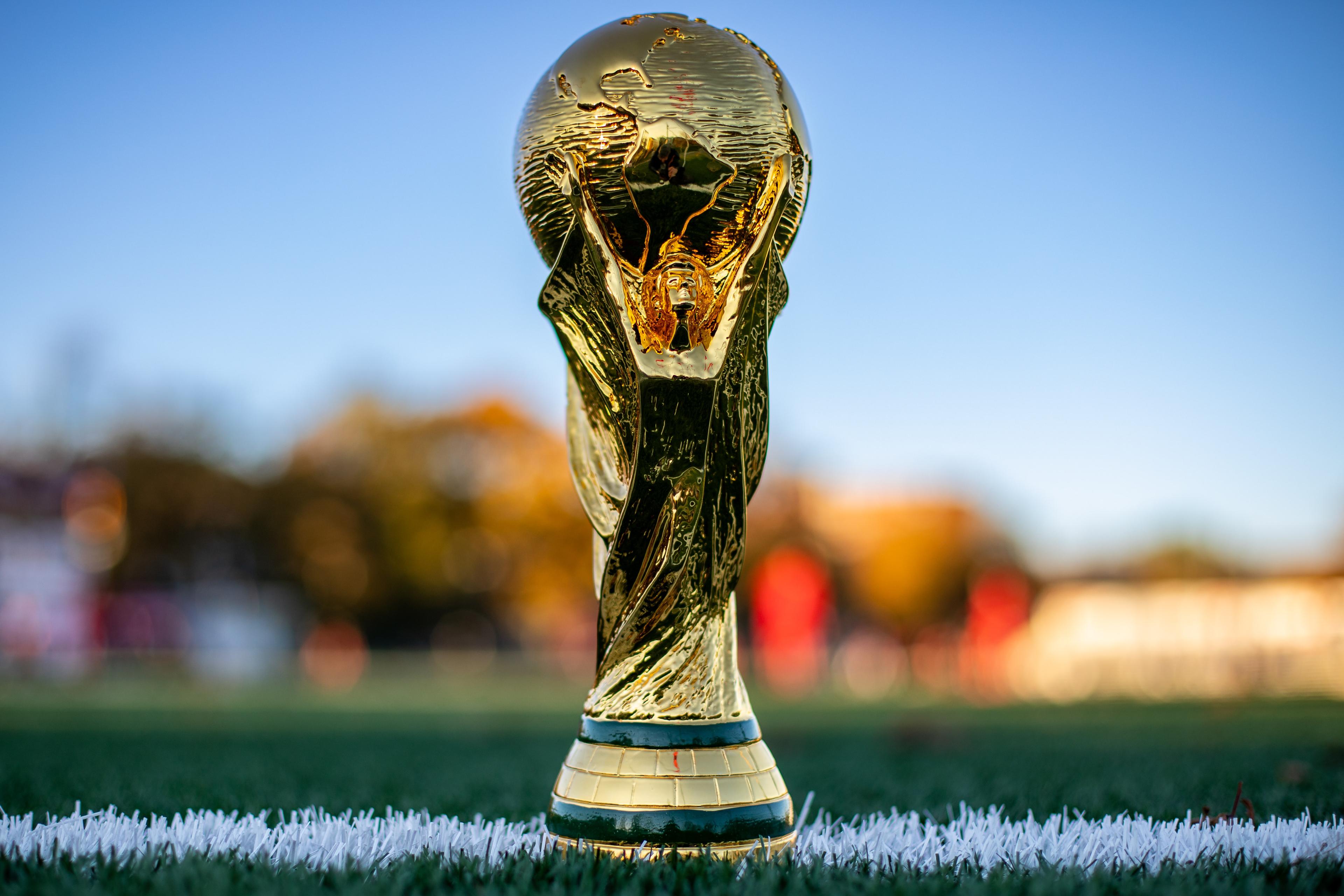Trademark classes are not uniform across all countries, although there is a substantial degree of consistency in the classification systems employed by different nations.
The international framework for trademark classification is referred to as the Nice Classification. The Nice Classification is implemented by more than 150 countries, including the United States, Canada, the European Union, China, and many others. This system organizes goods and services into 45 different classes, encompassing classes 1-34 for goods and 35-45 for services.
Despite the Nice Classification's provision of a standard structure for trademark classification, individual countries may incorporate specific criteria or particularities when implementing it. For example, some countries may include additional sub-classes or may require particular phrasing for specific goods or services. Furthermore, cultural or linguistic distinctions may impact how particular goods or services are categorized. For this reason, it is critical to seek the guidance of a local trademark attorney or agent when registering a trademark in a particular country to ensure that the relevant national requirements appropriately classify the trademark.






